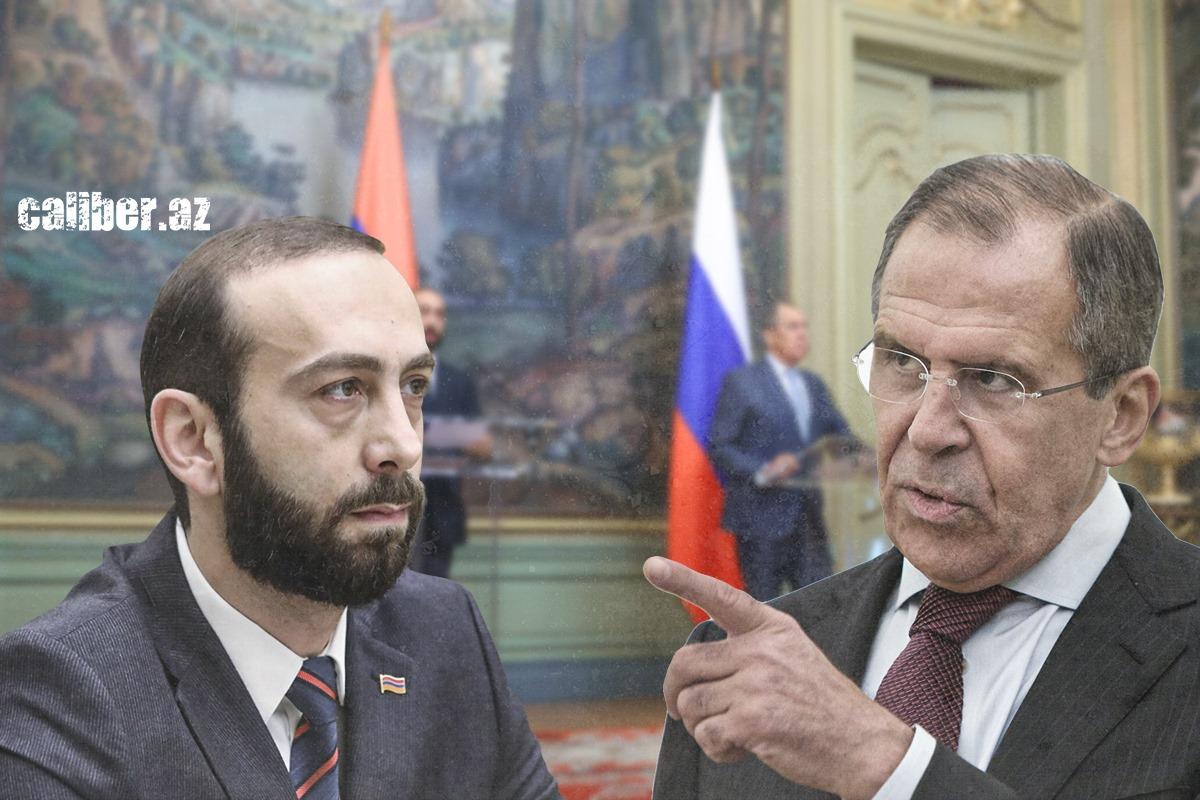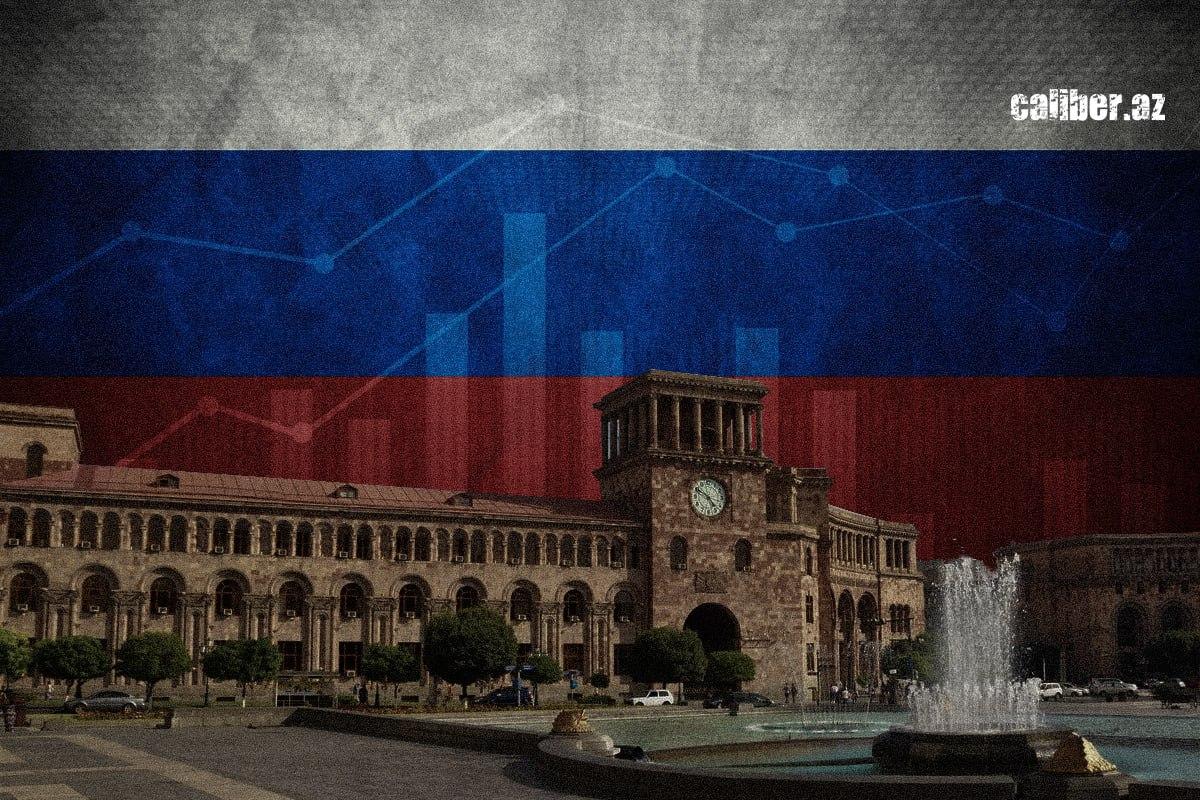Armenia at crossroads Aftermath of the Lavrov-Mirzoyan meeting
Recent developments in Armenian-Russian relations suggest a shift towards de-escalation, as indicated by the cautiously optimistic statements from the foreign ministers of Russia and Armenia following their meeting in Moscow last week. This meeting, held in the Lavrov-Mirzoyan format, marked a notable moment in bilateral diplomacy. Notably, the last meeting between the two foreign ministers took place in the summer of 2023, after which Yerevan significantly reduced its diplomatic contacts with Moscow, and relations between the two countries continued to deteriorate.
Ahead of the meeting with his Armenian counterpart, Sergey Lavrov characterised the official relations between Moscow and Yerevan as "difficult." In a similar vein, Armenian Foreign Minister Ararat Mirzoyan conveyed his concerns in a recent interview with Arab News. However, judging by the length and the largely behind-closed-doors nature of the negotiations between the two ministers, it is evident that Moscow has accumulated a range of questions for Yerevan, particularly in light of Armenia's recent moves towards the West. Armenia's signing of a Charter on Strategic Partnership with the United States and its efforts to initiate the process of joining the European Union (EU) have further complicated the dynamic.

Commenting on the outcome of the Moscow meeting, Russian Foreign Ministry Spokeswoman Maria Zakharova stated that a thorough conversation took place between the parties, covering a wide range of issues. "The conversation was frank, but not everything was on camera. A lot happened behind closed doors. About three hours were spent behind closed doors, so I can say that it was indeed a candid discussion on many points that are of particular relevance to both sides," Zakharova said.
Given Russia's serious dissatisfaction with Armenia's pro-Western policies, it is certain that Moscow set up a face-to-face meeting with the Armenian side to clarify Armenia's future foreign policy direction. But how effective was it? Let's try to understand.
The first point to note from the Moscow talks is that Armenia has no plans to leave the Eurasian Economic Union (EAEU) in the near future. Armenian Foreign Minister Ararat Mirzoyan unequivocally stated during a joint press conference with his Russian counterpart Sergey Lavrov: "Trade and economic cooperation with Russia within the framework of the EAEU is one of the factors influencing Armenia's economic growth and the realization of its foreign trade potential."
In other words, Armenia effectively confirmed that it remains economically dependent on Russia. This is directly evidenced by the trade turnover figures between the two countries for 2024, which reached nearly $12 billion.
Clearly, Armenia does not intend to abandon the significant financial and economic benefits it receives from its membership in the EAEU. At the same time, Moscow received vague statements from Mirzoyan, reflecting the inconsistency of Armenia's leadership. For instance, when asked about Armenia's potential accession to the EU, Mirzoyan avoided providing a clear position. "At this point, there are no discussions about timelines or specific mechanisms. I want to remind you that this is an initiative from civil society. Organizations collected 50,000 signatures as required by Armenia's Constitution, and now this initiative has automatically turned into a draft law, which will be voted on in parliament. The government has approved the draft law. What happens next, we'll figure out later," Mirzoyan explained.
From the statements made by the Armenian side, it can be inferred that Yerevan is ready to continue its "sit on two chairs" policy, seeking benefits from both the EAEU and the European Union. The Moscow round of negotiations also demonstrated that Russia's priority remains a policy of "soft" pressure on Yerevan.

The second notable point from the Lavrov-Mirzoyan negotiations concerns Russia's stance on the South Caucasus agenda. Russia clearly expressed its neutral position on the negotiations between Baku and Yerevan. As Sergey Lavrov noted, Moscow maintains neutrality, not taking sides in the issue of normalizing relations between Armenia and Azerbaijan. "We are ready to provide the necessary assistance to the normalization of relations between Armenia and Azerbaijan in all areas to develop the trilateral agreements reached in 2020 and 2022 by the leaders of the three countries (Azerbaijan, Armenia, Russia – Ed.)," Lavrov said.
It is clear that this message was directed at Armenia, as it is the one that consistently evades fulfilling the agreements. In this regard, Russia periodically reminds Yerevan that, sooner or later, these agreements will have to be implemented. Recently, Russian Foreign Ministry spokeswoman Maria Zakharova again hinted to the Armenian side about the commitments made in November 2020.
"I haven't heard the official Yerevan say that it no longer considers itself part of the trilateral agreements," Zakharova said in response to a question about whether Armenia is ready to unblock communications through the Zangezur Corridor.
Thus, as the outcomes of the Moscow talks revealed, Armenia will continue to oscillate between the West and Russia, avoiding a clear decision on its future integration path. Whether this situation will suit Moscow will become clear over time.








